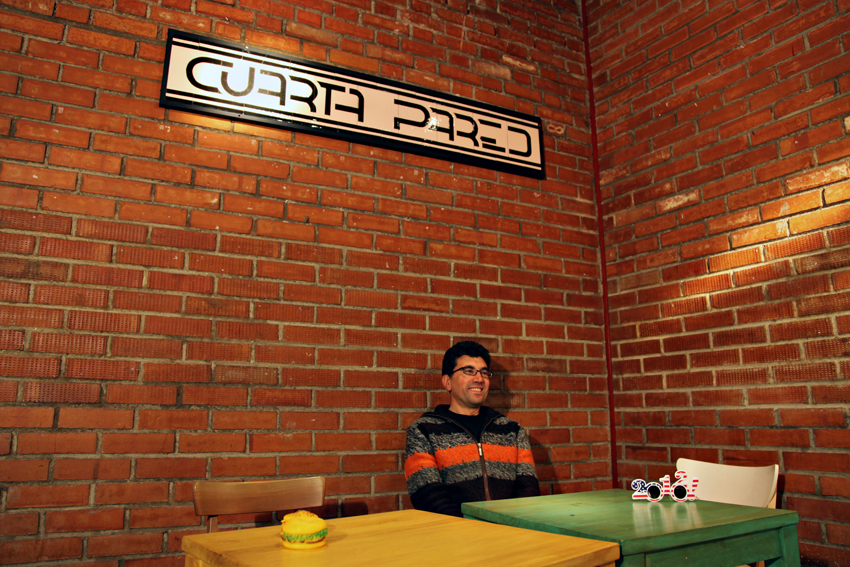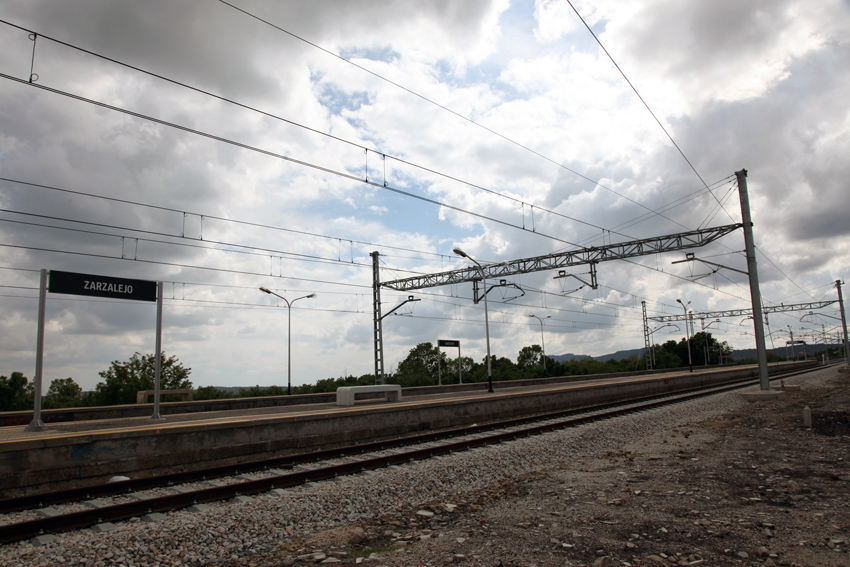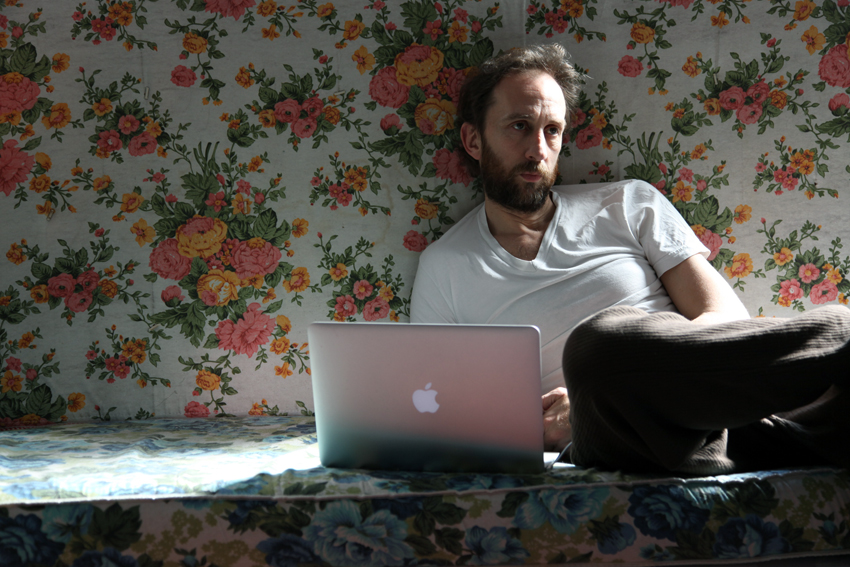Framework of the interview:
actor:
Elena Córdoba, choreographer
concepts / themes > lenses:
- research vs. training – you give dance classes for a long time and are known as a good pedagogue; on the other hand, your artistic practice is research-based and you wrote a book – how do you consider the two, the research, reflection, and discursive production and the training? how you see them within education for artistic practice? what are the differences, or is the research an integral part of education?
- exhibition context – ‘white cube’ vs. ‘black box’; exit from the theatre and its genres (you performed in a museums);
- your approach to the body: body as a material (the anatomy of the body, body as the object of medicine, body as a physical existence of a human being), and body as a social subject (the way we exist as social beings)
- interdisciplinarity – art and science; influence of visual arts; critique of the tradition of theatre in the 80s
- global view, internationalism vs. the local – you stayed in Madrid, all the materials on your web sites are in spanish…
- the importance of continuity – sustainability, survival and change
- criticality at the performing arts scene in the 80s and today – a comparison;
- is criticality an important aspect of art? do you consider your artistic work critical? if so, please explain and try to think critical to what, and for what sake.








RSS feed for comments on this post. / TrackBack URI